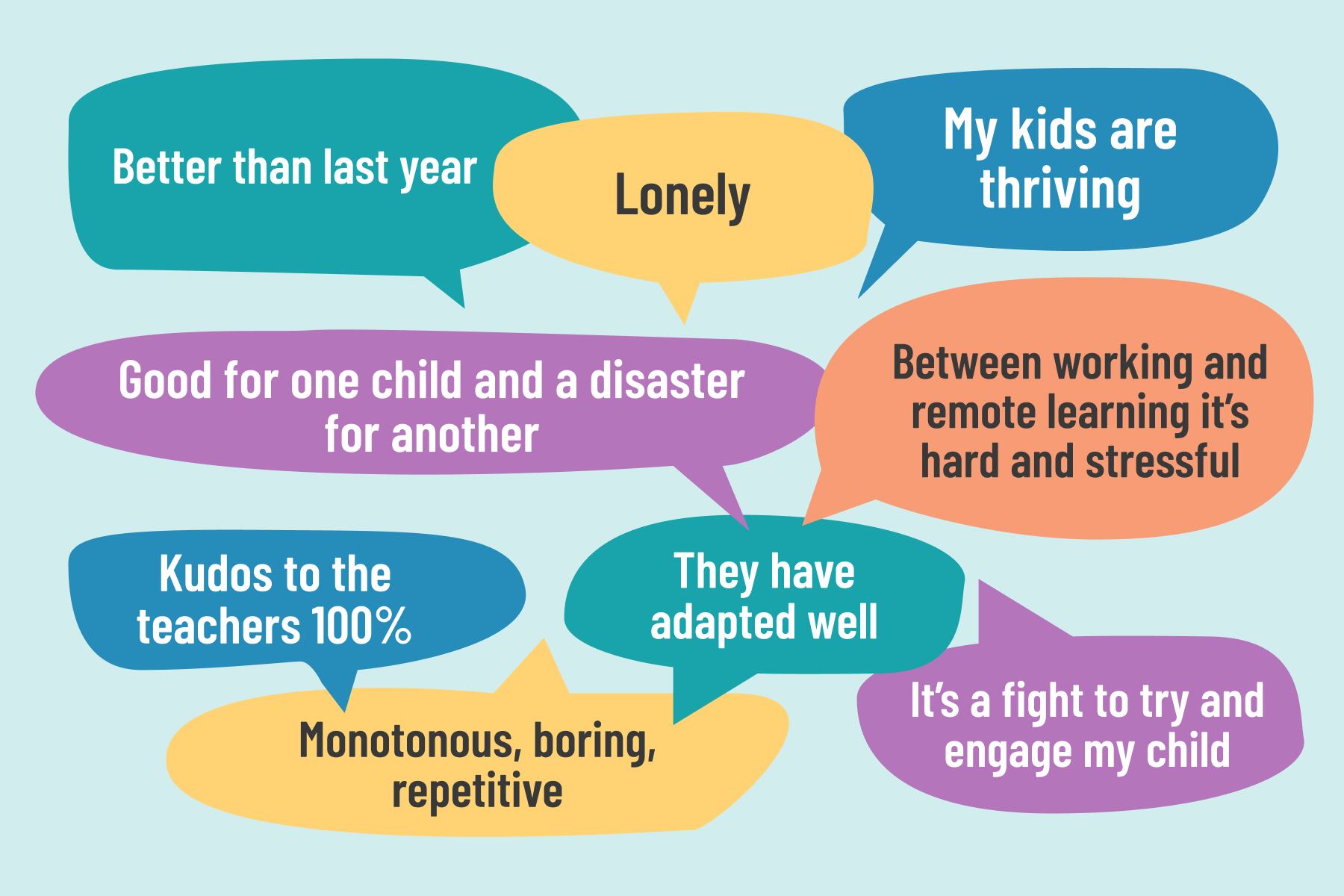Nearly a year after Chicago closed schools amid the coronavirus pandemic, Chalkbeat Chicago asked parents and students for an assessment of how students were faring in a topsy-turvy year.
We received more than 350 responses from families and students citywide. When asked whether the student in their home was on pace academically, families were divided, with some reporting that they believed their learners were behind grade-level standards, some saying they believed their child was on pace or ahead of where they should be academically, and significant numbers unsure how to gauge.
In anecdotal comments, parents and students overwhelmingly expressed concern about negative impacts on mental health and on students’ motivation for academics, more so than mastering particular concepts. Some families expressed these concerns even if they reported feeling positive about the year overall.
There was optimism. Some families felt overwhelmingly encouraged by the experiences of the past school year, suggesting that technological skills children learned during the experience would be useful for future employment.
Some other observations stood out: Regardless of whether they chose the district’s hybrid plan or to stick with remote learning for now, families lamented the instability caused by the district’s terse negotiations with the teachers union. Families consistently wanted more communication from their principals and from the district. Several worried that the vocal pushback from teachers earlier in the year made parents less likely to express their needs. And some fretted that teachers would, knowingly or not, penalize students who returned to classrooms.
Families also shared some of the reasons why they chose to return to in-person learning or stay fully remote. Safety was a major factor, but it wasn’t the only one. Factors influencing those decisions ranged widely and included a lack of after care, temporary resettlement outside the city that would make commuting to schools difficult or impossible, and whether children’s teachers were returning or had sought accommodations to continue to work remotely.
Here’s some of what we learned in the words of parents and students.
Recognizing challenges, some parents and students still felt positive overall about the year.
“Teachers have worked thoughtfully to adapt curriculum, to provide differentiated instruction, and to make remote learning as fun and engaging as it can be. Another disruption in how these teachers are teaching and how students learn is not in the best interest of our students. Children excel when they have a consistent environment with clear expectations. A new learning plan in the middle of the year is not what is best for our young students.” — Cortney Ritsema, parent of three
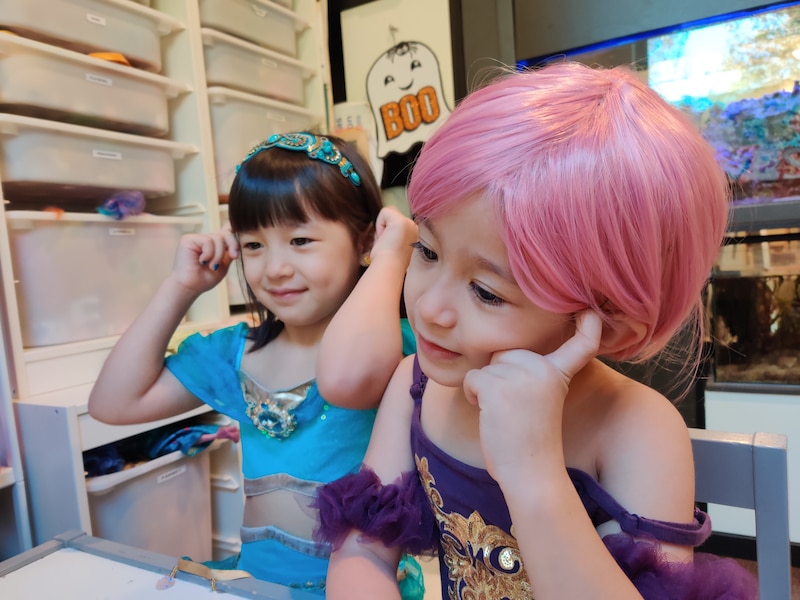
“It has been a really good experience. My son’s teacher along with their team works tirelessly with constant parent communication, quarterly assessments, daily active lessons, remote centers. It has actually been a really good experience for him.” — Jaime Queroz, parent of a kindergarten student
“It is taxing but my children are doing fine with our support.” — Danielle Bridges, parent of three and CPS teacher
“It’s not the Kindergarten year I’d have wanted for him, but given what the reality of life is right now, it’s as good as it can be.” — Anne Cooper, parent and social worker with Chicago Public Schools
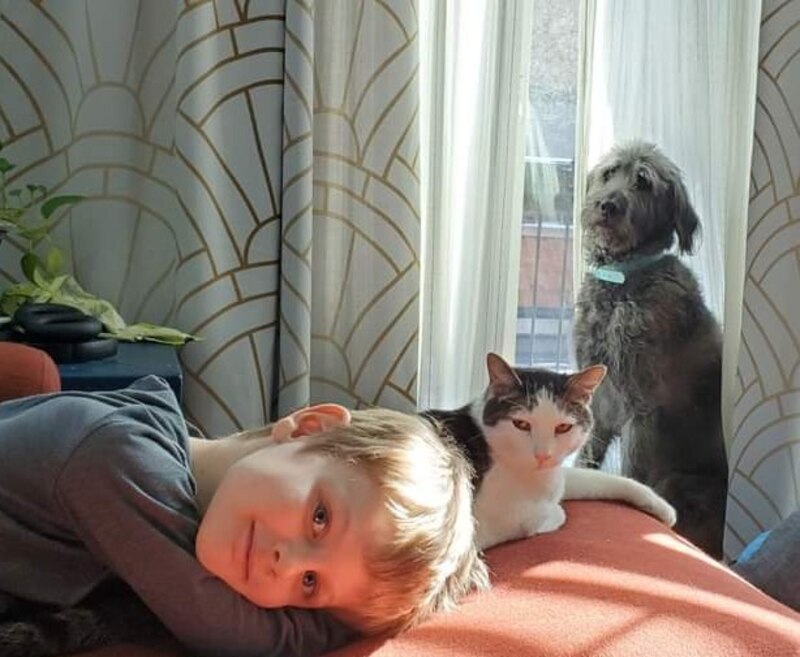
“They are normally A & B students and have been able to maintain their grades. I understand that remote learning is not ideal, but my kids have been learning and their teachers have been great. I also expect all kids to be a little behind this year and I believe teachers do too, so there will be quite a bit of catching up when they return. At this point, with teachers having to teach in person and remote simultaneously, I have reached the point where I throw my hands up in the air.” — Miriam Santiago, parent of two
“My children are a little behind, but everyone is a little behind. Compared with other districts, my children are at the same level because everyone is suffering. Our lives and health are worth more than what might be lost. My brother died of COVID, and there is no recovering from that, unlike education delays. Despite all the challenges, I feel really fortunate. My children can learn without putting the health and safety of my family at risk. They are managing the school work very well. Their teachers are loving, passionate and enthusiastic, with their classrooms now on Google instead of in school buildings. While we are navigating this new world of learning, I hope we can recognize the deficiencies of our current education system.” — Jose Martinez, father of a fourth-grader
“It’s been good since I get to stay home and do my own thing and just not have to worry about getting the virus.” — Violet Chicho, 10th grader

“Remote learning could be better, but we’re in the middle of a pandemic, so I don’t have major complaints. My daughter is healthy, and all of us at home are healthy because we can work from home. This is really hard, but necessary.” — Xóchitl Bada, parent of a seventh grader
“Last school year the transition to remote was abrupt, not well planned, and he had a rough time. This school year, I can tell that remote learning plans were developed over the summer to improve the experience.” — Megan Merrill, parent of a fourth grader
For some families, the school year overall had negatively impacted them.
“Ironically both my kids are getting better grades than ever but I feel like their teachers are going super easy on them (and maybe they should be given the circumstances). I do feel though that the teachers are doing the best they can given the very difficult situation so I honestly was never expecting my kids to be on pace this year. I worry a lot about next year. What will classrooms look like where half the kids are on grade level because they actively participated in remote learning and half are behind because they didn’t have the supports at home to participate? Will the whole class have to slow down? Or will those that are behind get left further behind? CPS notoriously does not have enough staff for those who may not qualify for services but need a little extra help so who will help those kids who are currently falling behind? I feel most sad for the kids that are going to struggle going forward.” — Melissa, parent of a fifth grader and a seventh grader. (Note: Some respondents requested anonymity or that their first name be used. Chalkbeat weighed this on a case-by-case basis).
“Lack of educational content, lack of interaction with teachers and classmates. Not healthy.” — Daisy Gamboa, parent of an eighth grader
“My poor 8th grader with an IEP will never catch up.” — Esther, parent of three who did not want her last name included
“I think my middle school boy aged teens are being challenged, as they are learning as much as they can in this difficult situation. I’m very concerned about their social and mental health because they are experiencing more stress, more homework and they both need less screen time. [There needs to be] more mental health support for children who are suffering with stress, grief, loss and trauma.” — Sadaka Whitehead-Smith, a parent of two, a therapist, and an educator
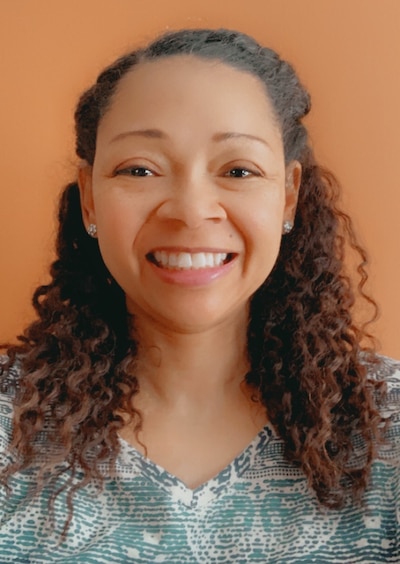
“Not even CLOSE. My kids have always been good at school. Straight A students. Now they are struggling to get through assignments. Struggling with grades. Acting out. Depressed and anxious.” — Joellen Daly, parent of two
“Teenagers should be interacting with a wide variety of people on a daily basis — they are in the stage of life where they should be acquiring new relationships and experiences on a consistent basis to learn the “soft skills” needed to be complete and independent adults. They are being deprived of basic social interaction, the ability to collaborate and the experiences needed to develop a sense of self. And, they are receiving a sub-par education at best while their peers in other schools, cities and states are being given those opportunities. The longer this goes on, the more likely that the losses will be insurmountable.” — High school parent who asked to remain anonymous
“I’m failing and y’all ain’t helping.” — Reina Torres, 11th grader

“How is COVID-19 going to impact CPS high school admissions? How are they supporting the CPS juniors and high school students with college entrance processes? Those two sections of the student population are going to be really impacted by this . . . Generally it seems there’s more sympathy to families with younger children — toddlers, preschoolers — but parenting older kids during the pandemic can be just as challenging.” — Trudi, a mother of three who asked that her last name not be used
“It’s harder for me to learn in a virtual environment and I wish I were back in school.” — A sixth grader whose name Chalkbeat withheld to protect his privacy
“I’m so frustrated that they’ve been remote this long and we are still fielding scolding emails and assignment reminders from teachers when remote school blatantly sucks and it is insane to ask parents to be at-home teachers.” — Kate Rockwood, parent of two
“Remote learning is horrible, I get headaches and eye strain from the screen, teachers are way too touchy feely and waste my time often (SEL is fine but this is overkill). And last but not least, there’s no set return date for high school, when clearly large swaths of the population will be vaccinated by April or May. Even if they give us 2 months of school just tell us now.” — Grace Kurtz-Nelson, 12th grader
“My kids are regressing. Not learning is a problem. Losing their special Ed minutes isn’t fair. Some days I’m not sure we can keep doing it.” — Lesby Ortega, parent of four
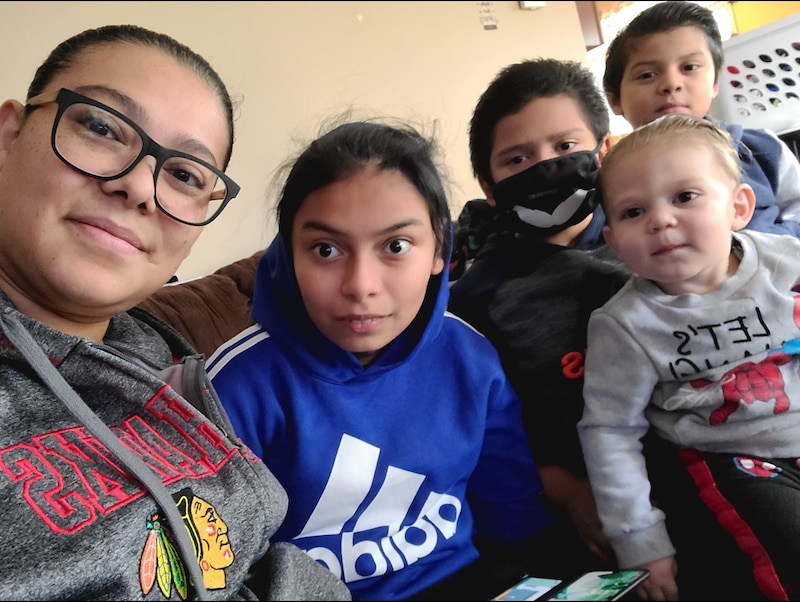
A notable number of parents and students said they were indifferent, had mixed feelings or weren’t sure how to sum up the year.
“CPS rolled out a “plan” with no sense of what the actual needs are and that ends up hurting remote learners to varying degree and worst of all- in the same inequitable ways they claim they were trying to address. I am angry and anxious everyday. They have started and stopped, announced and changed minds, over and over again for months.” — Single mother of a kindergartner who asked to remain anonymous
“They are ok. I’m sure if school was normal they’d be further along. But this is a City wide and Nationwide issue. (My child) has learned other skills in place. Life skills forever: problem solving, computer, typing, email, etc — Vince DeJulio, father
“Honestly, I don’t really care about some arbitrary line that they should be meeting. The entire world was set off course. They will be okay.” — Becca Blue, parent of three
“My son has an IEP and has special requirements. Our school is doing the absolute best they can to accommodate him. However, his grades have slipped considerably, his interest in learning in front of a computer is non-existent, and his social and emotional well being have been compromised significantly.” — Michelle Piek, parent of a prekindergarten student
“I’m just depressed.” — 12th grade student whose name Chalkbeat withheld for privacy reasons
“It’s not working, but it’s safe.” — Steven Guy, parent of a middle schooler

